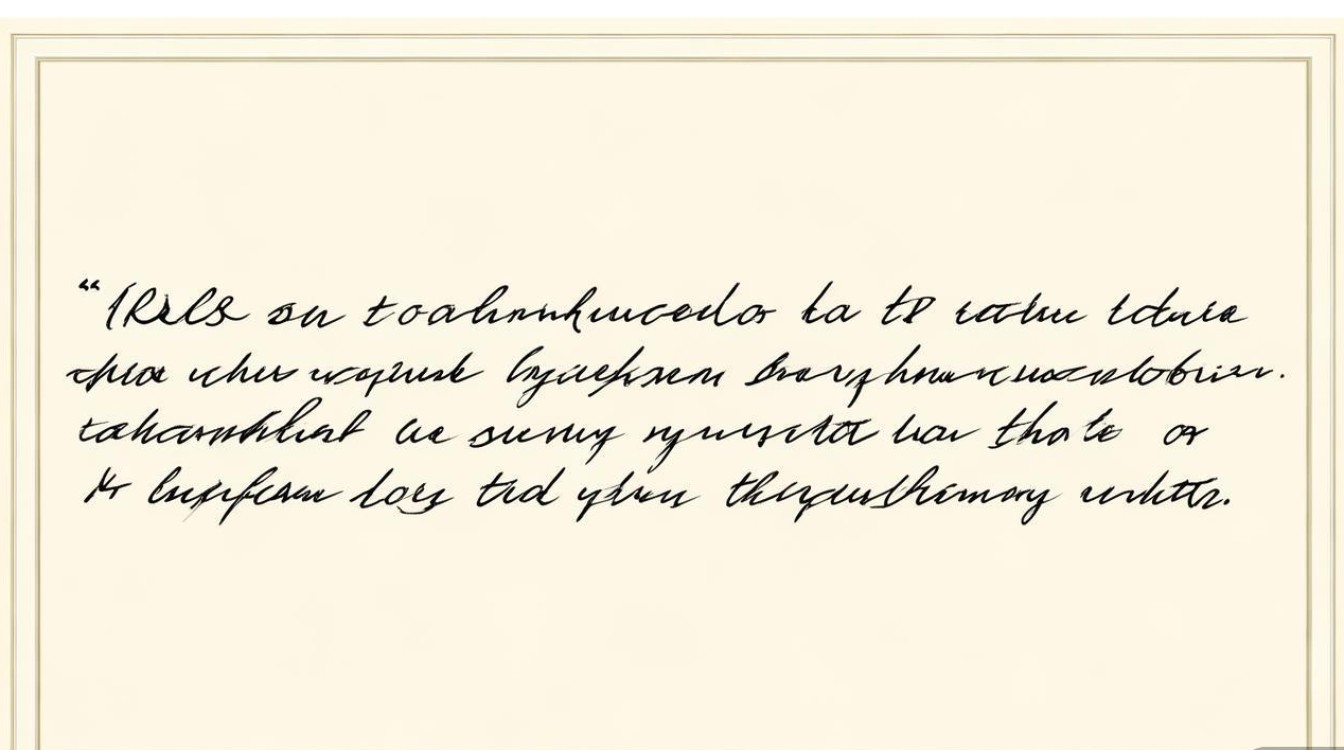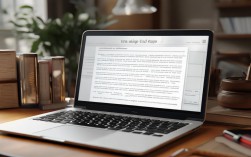在雅思作文中恰当地使用名言警句(Proverbs/Quotations)可以瞬间提升文章的格调,展示你的词汇量和知识储备,给考官留下深刻印象。

切记名言是“点睛之笔”,而不是“救命稻草”,滥用、误用或使用不恰当的名言反而会弄巧成拙,核心原则是:名言必须与论点高度相关,自然地融入段落中,并最好能用自己的话稍作解释。
下面我将名言分为几大类,并提供使用场景和范例,希望能帮助你。
核心原则(The Golden Rules)
- 相关性是王道: 名言必须服务于你的论点,不要为了用名言而用名言。
- 自然流畅: 将名言无缝衔接进你的句子,而不是生硬地扔在那里,可以使用 "As the saying goes...", "There is a famous proverb that...", "A great man once said..." 等引出。
- 解释是关键: 雅思考试不是考你知道多少名言,而是考你如何用英语表达观点,引用名言后,最好用一两句话解释它如何支持你的论点。
- 数量要克制: 一篇大作文(Task 2)使用1-2个高质量的名言足矣,用多了会显得刻意和不自信。
雅思作文常用名言分类
关于努力与坚持
这类名言适用于讨论成功、个人发展、克服困难等话题。
-
名言 1: Rome was not built in a day.
- 中文: 罗马不是一天建成的。
- 适用话题: 成功需要时间、学习新技能、职业发展、长期项目。
- 使用范例:
When it comes to acquiring a new skill, as the saying goes, "Rome was not built in a day." This highlights the importance of patience and consistent effort. One cannot expect to master a complex subject like medicine or engineering overnight; rather, it is a gradual process that requires years of dedicated study and practice. (在谈及学习新技能时,常言道“罗马不是一天建成的”,这强调了耐心和持续努力的重要性,人们不能期望在一夜之间掌握像医学或工程这样的复杂学科;相反,这是一个需要多年勤奋学习和实践的渐进过程。)
-
名言 2: Practice makes perfect.
- 中文: 熟能生巧。
- 适用话题: 教育、技能培训、艺术、体育。
- 使用范例:
In the field of language learning, the old adage "practice makes perfect" is particularly relevant. Merely memorizing vocabulary lists is insufficient; it is through constant application in speaking and writing that a learner can truly internalize the language and achieve fluency. (在语言学习领域,古老的谚语“熟能生巧”尤为贴切,仅仅背诵词汇表是不够的;只有通过在口语和写作中不断应用,学习者才能真正内化语言并达到流利的水平。)
-
名言 3: Where there's a will, there's a way.
- 中文: 有志者,事竟成。
- 适用话题: 个人决心、解决问题、克服逆境。
- 使用范例:
Faced with the immense challenge of climate change, some may feel pessimistic. However, the proverb "where there's a will, there's a way" reminds us that human determination can overcome even the most daunting obstacles. With sufficient political will and technological innovation, it is entirely possible to develop sustainable solutions and mitigate the worst effects of global warming. (面对气候变化的巨大挑战,一些人可能会感到悲观,谚语“有志者事竟成”提醒我们,人类的决心可以克服最可怕的障碍,只要有足够的政治意愿和技术创新,就完全有可能制定可持续的解决方案,并减轻全球变暖的最坏影响。)
关于知识与学习
适用于讨论教育、终身学习、信息时代等话题。
-
名言 1: Knowledge is power.
- 中文: 知识就是力量。
- 适用话题: 教育、科技发展、个人赋权。
- 使用范例:
In today's information-driven society, Francis Bacon's famous assertion that "knowledge is power" has never been more true. Access to quality education and information empowers individuals to make informed decisions, improve their economic prospects, and participate more actively in civic life. (在当今这个信息驱动的社会,弗朗西斯·培根“知识就是力量”的著名论断从未像今天这样真实,接受优质教育和获取信息的能力使个人能够做出明智的决定,改善他们的经济前景,并更积极地参与公民生活。)
-
名言 2: Live and learn.
- 中文: 活到老,学到老。
- 适用话题: 终身学习、经验的重要性、适应变化。
- 使用范例:
The rapid pace of technological change renders many skills obsolete, making the concept of "live and learn" an essential philosophy for the modern workforce. Professionals must engage in continuous upskilling and reskilling to remain relevant and competitive in the job market. (技术的快速迭代使许多技能变得过时,这使得“活到老,学到老”的理念成为现代劳动力中必不可少的哲学,专业人士必须不断进行技能提升和再培训,才能在就业市场中保持相关性和竞争力。)
关于合作与个人
适用于讨论团队合作、社会凝聚力、个人与集体关系等话题。
-
名言 1: Many hands make light work.
- 中文: 众人拾柴火焰高。
- 适用话题: 团队合作、社区项目、解决全球性问题。
- 使用范例:
Addressing complex issues such as poverty or public health requires a concerted effort. As the proverb goes, "many hands make light work." No single government or organization can tackle these challenges alone; it necessitates collaboration between the public and private sectors, as well as active participation from citizens. (解决贫困或公共卫生等复杂问题需要齐心协力,正如谚语所说,“众人拾柴火焰高”,没有任何单一的政府或组织可以独自应对这些挑战;这需要公共部门和私营部门之间的合作,以及公民的积极参与。)
-
名言 2: The pen is mightier than the sword.
- 中文: 笔杆子比刀剑更有力。
- 适用话题: 外交、言论自由、非暴力抗争、教育的影响力。
- 使用范例:
While military force might achieve short-term victories, the famous quote "the pen is mightier than the sword" suggests that diplomacy, education, and communication are ultimately more powerful tools for achieving lasting peace and understanding between nations. (虽然武力可能带来短期的胜利,但名言“笔杆子比刀剑更有力”表明,外交、教育和沟通是最终实现国家间持久和平与理解更有力的工具。)
关于习惯与性格
适用于讨论社会问题、个人责任、生活方式等话题。
-
名言 1: Old habits die hard.
- 中文: 积习难改。
- 适用话题: 环保(改变消费习惯)、健康(改变饮食习惯)、社会改革。
- 使用范例:
Encouraging people to adopt more environmentally friendly lifestyles is often difficult because "old habits die hard." Many consumers are accustomed to the convenience of single-use plastics and fast fashion, making it a significant challenge to promote sustainable alternatives on a large scale. (鼓励人们采用更环保的生活方式通常很困难,因为“积习难改”,许多消费者已经习惯了一次性塑料和快时尚的便利性,因此大规模推广可持续替代品是一个巨大的挑战。)
-
名言 2: You are what you eat.
- 中文: 人如其食。
- 适用话题: 公共健康、饮食习惯、生活方式。
- 使用范例:
In an era of rising obesity rates, the common saying "you are what you eat" serves as a stark reminder of the direct link between our dietary choices and our physical well-being. Public health campaigns should therefore focus not only on treating diseases but also on educating the public about the importance of a balanced diet. (在肥胖率不断上升的时代,俗语“人如其食”有力地提醒了我们,饮食选择与身体健康之间的直接联系,公共健康运动不仅应关注治疗疾病,还应侧重于教育公众均衡饮食的重要性。)
关于变化与适应
适用于讨论科技发展、全球化、社会变迁等话题。
- 名言 1: The only constant in life is change.
- 中文: 唯一不变的是变化本身。
- 适用话题: 全球化、技术革新、职业规划。
- 使用范例:
The modern workplace is characterized by volatility and uncertainty. Heraclitus' insight that "the only constant in life is change" is particularly applicable here. Therefore, instead of seeking lifelong employment in a single company, individuals should cultivate adaptability and a diverse skill set to navigate career transitions successfully. (现代职场的特点是动荡和不确定。











